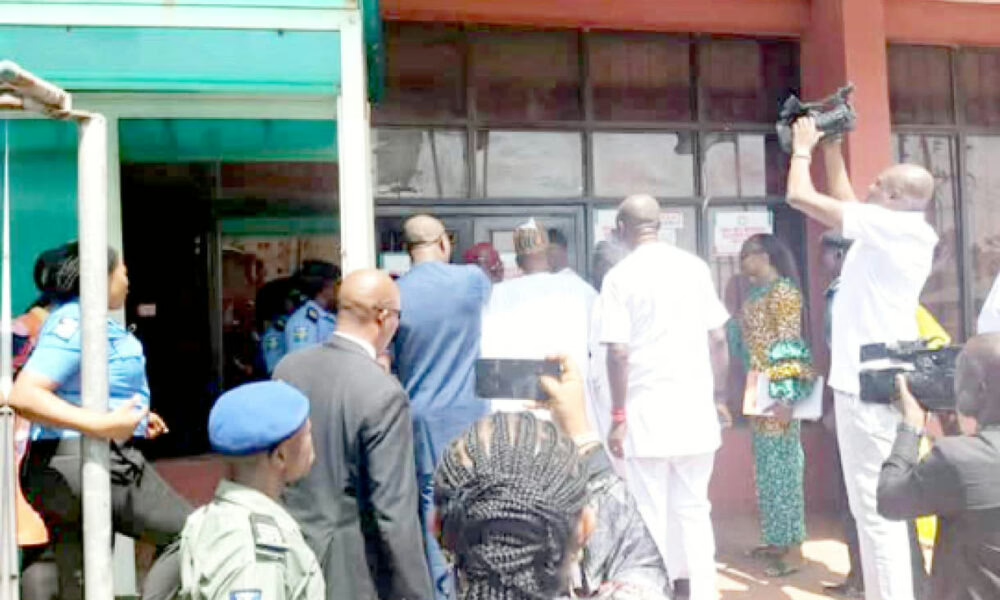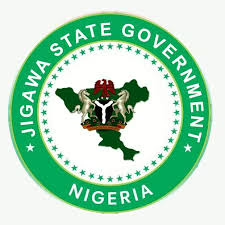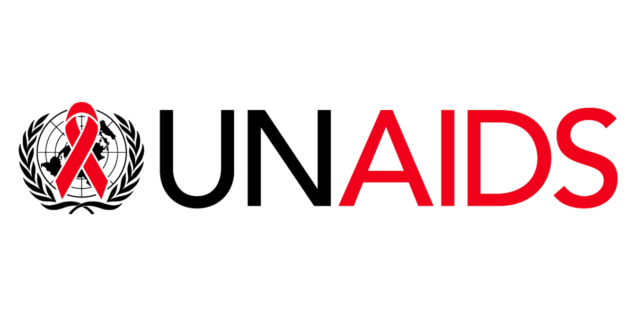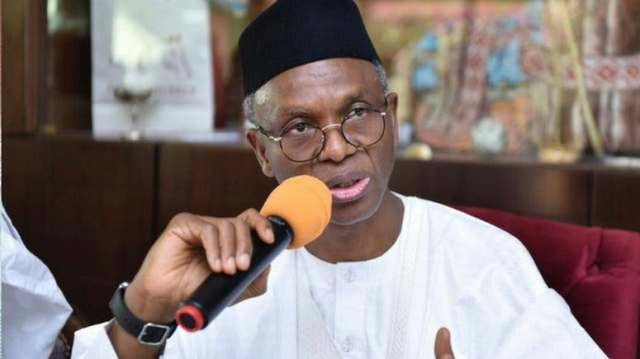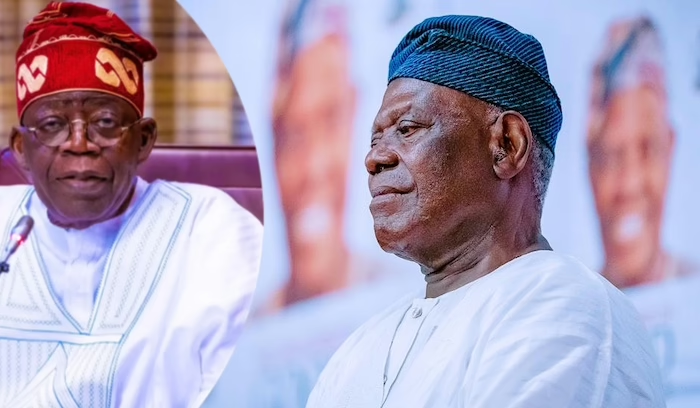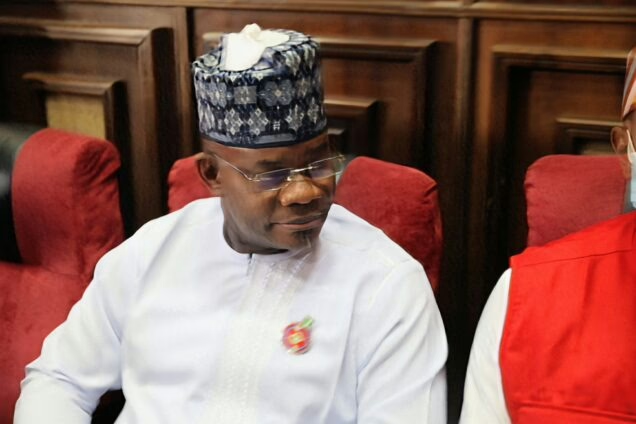The House of Reps intervened this week in the worrisome fuel price hike across the countrywhich has caused so much hardship, especially for those down the social ladder. The legislators expressed concern that the suffering occasioned by the price hikes could ignite fresh unrests across the country, thus reechoing the fears of other segments of Nigerians who have deplored the escalation of goods in the market. But the Federal Government and the World Bank are convinced that the country is on the right path to economic development.
The House of Representatives had urged the Federal Government to reverse the recent pump price hikes and take immediate steps to stabilisepetrol and cooking gas prices through targeted interventions such as temporary price relief measures, tax reductions, or subsidies on LPG for low-income households.
The House also called on the Nigerian National Petroleum Corporation (NNPC), Ministry of Petroleum Resources and other relevant agencies to expedite the repair/maintenance of domestic refineries and increase local refining capacity as a stop-gap measure to reduce the dependence on imported refined petroleum products.
The lawmakers further urged the Central Bank of Nigeria (CBN) to implement monetary policies that will mitigate the adverse effects of fuel price hikes on inflation, particularly with regards to essential goods and services.
These resolutions were sequel to the adoption of a motion of urgent public importance on the “Urgent need to suspend the increased cost of petrol and cooking gas in the country and provide a stop-gap”, moved by the House Minority Leader, Rep. Kingsley Chinda, and 111 other lawmakers.
Debating the motion, the Deputy Minority Leader, Rep. Aliyu Madaki, said that Nigeria, as an oil-producing nation, has historically relied on petroleum products and cooking gas (LPG) as essential sources of energy for both domestic and industrial purposes.
He expressed concern that in recent months, the prices of petrol and cooking gas have skyrocketed and continue to so do, creating an unsustainable financial burden on ordinary Nigerians and exacerbating the cost of living:
According to Madaki, the removal of fuel subsidies, coupled with global oil price volatility and the depreciation of the Naira, has contributed significantly to the rising cost of petrol at the pump and cooking gas for households.
He said: “Worried that the escalating fuel and gas prices are impacting the cost of transportation, food, essential goods and healthcare, further increasing inflation and pushing many families into deeper financial hardship.
“Further concerned that businesses, particularly small and medium-sized enterprises (SMEs), are struggling to manage their operational costs due to increased fuel prices, threatening economic stability and job security.
“Acknowledging that the Federal Government has previously announced plans to repair domestic refineries and boost local refining capacity to address some of these issues but has yet to deliver significant results in this regard;
“The rising cost of petrol and cooking gas poses a significant threat to the livelihood of millions of Nigerians and unchecked inflationary pressure caused by the increased prices can lead to social unrest, increased poverty rates, and negative long-term economic effects.
“Unless urgent and pragmatic steps are taken to control the rising cost of petrol and cooking gas, the Nation will go into economic crisis leading to negative outcomes like increased crime rate and mortality rate.”
The House unanimously adopted the motion urging the Federal Government to explore alternative energy sources and diversify the country’s energy mix to reduce reliance on petrol and gas, promoting renewable energy solutions that are more sustainable and affordable in the long term.
The lawmakers also encouraged State Governments to adopt policies that alleviate the financial burden on their citizens, such as waiving taxes or levies on transportation and goods affected by high fuel costs.
The House further mandated its special ad hoc committee investigating fuel price increase to investigate and report back within two week for further legislative action.
LABOUR, FG PARLEY WITHOUT SPEAKING
The Federal Government and Organised Labourfailed to disclose the outcome of their parley this week. Though sources said the meeting was centered on the recent increases in petrol price and its socio-economic effects on Nigerian masses, and the minimum wage, among others, none of the parties was ready to divulge the outcome of their meetings.
Among top government functionaries said to have attended the meeting were Mallam Nuhu Ribadu, the National Security Adviser (NSA); Nkeiruka Onyejeocha, Labour Minister; Wale Edun, Minister of Finance and Coordinating Minister of the Economy.
Others were Alhaji Mohammed Idris, Information Minister; Heineken Lokpobiri, Petroleum Minister, State (Oil); EkperikpeEkpo, Minister of State for Petroleum Resources (Gas), and representatives of the Nigerian National Petroleum Company Limited (NNPCL).
It was reported that shortly after the meeting at the SGF office, the labour leaders retired to the NLC secretariat to review their discussions.
It was learnt that the meeting centred largely on the Compressed Natural Gas (CNG) conversion centres being unveiled across the FCT and some states, the consequential adjustments in the recently assented N70,000 national minimum wage, among other pressing issues.
The meeting was said to have been adjourned to a later date for conclusion but they were not specific on the adjourned date because the Secretary to the Government of the Federation was instructed by President Bola Tinubu to lead a delegation to Jigawa State to pay condolence to victims of the tanker explosion late Tuesday night.
It was also gathered that the Federal Government has begun the implementation of the N70,000 minimum wage after the National Salaries, Incomes and Wages Commission released a template detailing the consequential adjustments in the new salary structure according to grade levels.
Wednesday’s meeting with labour also provided the Minister of Budget and Economic Planning, Atiku Bagudu, the opportunity to reel out some of the economic trajectories and efforts to get the country out of the woods.
He reassured that the worst was over.
He reacted to the recent World Bank’s claim at the National Economic Summit Group forum in Abuja that most of the oil wealth goes into feeding the lifestyle of the elite.
Bagudu’s said during the parley with labour at the SGF office: “When the National Economic Summit Group finished a three-day interactive session and the Corporate Nigeria Civil Society Organisation Development Partners where Tinubu was represented by His Excellency, the Vice President. The consensus of the three-day summit was that, tough as they might be, our president led us to take decisions that we needed to have taken.
“Of course, tough decisions might come with some challenges and consequences, we are dealing with them, which is part of what we are asking. Why is there a spike in inflation for September 2 percentage point, following the decline we talked about? But because of the energy prices that were yet to stabilise it affected oil prices.
“But beyond that, just borrowing from, again, what has been said at the consensus, is when you are undertaking reform, is to stay the course. And the benefits will follow. We are in the tick of a harvest season.
“We believe that that will further impact on food prices. Most of the measures that have been taken are beginning to yield to greater levels of investment and effort to mobilise more investment, which we believe will cement the rise in gross domestic product. Our gross domestic product for the first quarter increased by over 2%, close to 3%.
“In the second quarter, it went by 3.19%. Some people will say, it sounds too slow. But let me give you how big that number is. Germany, which is wealthier than us, which have more resources to respond to any challenge, has declined by 0.3%. UK is struggling at minus 0.2%. Why is all this happening? Why are we not growing fast enough? Because that’s what we need.
“We need to grow fast enough at a higher rate. That is why we are taking all the fearful measures, so that we put Nigeria on a sustainable, inclusive, higher rate of growth. That will make all of you, our younger ones, be very proud of the country that God has blessed us with. In doing so, we might experience occasional hiccups.
“I want to ask you, now, going forward, now, what is the message, particular message that you have for Nigeria’s youths, with regard to the period of time, three months, time, six months? We believe we have stopped the decline. We are not where we want to be. Look, our president’s message in the Refueled Hope agenda is, let us confront our reality.
“Let us tell ourselves that we are not as rich as we thought we are, so that everyone can mobilise, whether it is at the family level or at the national level. Frank discussion can help mobilise everyone to a greater action. So that’s what we are doing.
Advertisement
“No blame game. If we spend all the time discussing what went wrong, who did what wrong, maybe we may not agree. But the fact that we are not where we want to be is enough cause for action. So, what are those choices we need to take? We took the bold choices. Today, state governments, local governments, and Federal Government are better funded. Of course, inflation is there, cost of living challenges.”
NO LOOKING BACK
Regardless, Minister of Finance and Coordinating Minister of the Economy, Wale Edun, has said the government acknowledges the pain the current reforms of government have inflicted on Nigerians while stating that the reforms are necessary for growth and development of the economy.
Edun stated this while speaking on a panel session at the Nigeria Economic Summit on ‘Fiscal reforms for secure future’.
He recalled that on June 23 last year, Nigeria had already seen fallen oil revenues and increased budget deficit that was almost 6 per cent of GDP which was no longer sustainable, hence the need for the federal government to take some hard decisions.
“Secondly, rather than waiting for compliance, we look at how MDAs were allowed to spend and the percentage of the surplus that accrued to government and we deduct automatically. Another new innovation we have introduced is that we now have approval for MDAs procurement payment to be made directly to third party, thereby boosting transparency in the running of governance,” the minister explained.
Speaking on what the government is doing with funds it saved from subsidy removal, he said: “Government had to undertake necessary but painful policies that are currently having impact on cost-of-living industries and individuals.However, these funds are reinvested in agriculture as stakeholder farmers have so far been given inputs and over 20 million people from four million households have been empowered and it will rise to 15 million.
“Also, we have set up an education loan fund (NELFUND) and so far we have processed 250,000 applications and 30 per cent students are already funded. We also have the consumer credit scheme that is providing Nigerians with the funding they require to improve their lives. Thus, these reforms have saved the country 5 per cent of GDP.”
Also speaking, the World Bank Country Director for Nigeria, Ndiamé Diop, said: “For every reform to be conducted by Nigeria, the need to increase revenue is very important. So,if revenue is low, debt will be increasing because in 2022, Nigeria spent 6 per cent of GDP for debt services.”
He added: “So far, Nigeria’s revenues have increased significantly, and it is not surprising because of FX unification. I want to also announce that last year, when we benchmarked Nigeria’s revenue to GDP; it was among the least five because the figure was very low. But surprisingly, it has now improved from 7.6 per cent to 10.5 per cent,” the minister stated.
WHAT OIL MARKETERS ARE SAYING
Nigerians recently woke up to the rude shock of another Premium Motor Spirit (petrol) price increase to between N1030 and N1,200 per litreorchestrated by the Nigerian National Petroleum Company Limited and Dangote Refinery, owned by Aliko Dangote. This came as NNPCL increased its fuel pump price across its retail outlets from N855 and N897 to N998 and N1030 per liter in Lagos and the Federal Capital Territory, Abuja.
This was the second hike since the emergence of Dangote Refinery Petrol which commenced fuel distribution on September 15, 2024, with NNPCL as the sole-buyer.
Checks showed that Dangote Refinery, which started with N898 per litre on September 15, 2024, according to NNPCL, rose to N977 per litre.
Sources familiar with the development said total deregulation upon the entrance of Dangote Refinery is the genesis for the hikes in the last two months which saw fuel prices moved from N557 and N617 to N998 and N1,030 per litre at NNPCL filling stations.
The development comes despite the Nigerian Government’s confirmation that the Naira-for-crude sale to Dangote Refinery had commenced on October 1.
The pump price of petrol has surged astronomically since President Bola Tinubu came into office in May 2023. Specifically, it moved from N195 per litre before the President assumed office on May 29, 2023 to N1,030 per litre, October 9, 2024.
President of the Petroleum Products Retail Outlets Owners Association, PETROAN, Billy Gillis-Harry said the latest hike is an indication that the Nigerian government had listened to President of Dangote Group, Aliko Dangote
“If indeed we listen to Aliko Dangote’s request in his Bloomberg interview on the fact that the president should remove subsidy completely and deregulate the downstream sector, maybe this is one step to ensuring that the Petroleum Industry Act is implemented.
“NNPCL which is the lead in this business is showing that this is the way to go. But even at that, if they are selling at N1050 per litre in Port Harcourt, what will now be the landing price to retailers?
“I think the decision is not a bad one because the sector is volatile and prices are fluctuating. Today, it may go higher and tomorrow it may come down.”
Earlier, the Independent Petroleum Marketers Association’s spokesperson, Chinedu Ukadike, had blamed deregulation for the latest hike in the price of fuel.
WORKERS CALL FOR REVERSAL
The Nigerian Labour Congress, the Centre for the Promotion of Private Enterprise, and the Nigerian Association of Chambers of Commerce, Industry, Mines and Agriculture, NACCIMA, condemned the latest fuel price hike and called for immediate reversal.
This was disclosed in separate statements.
President of the NLC, Joe Ajaero, lamented that the latest increase will further worsen poverty in Nigeria while the Director of CPPE, Muda Yusuf, who equally spoke in a statement made available to journalist, said Nigeria was not ripe for full-blown deregulation of petrol.
The National President of NACCIMA, Dele Oye, on his part, said the fresh hike is a catalyst for more hardship for Nigerians.
In August, Nigeria’s headline and food inflation stood at 32.15 percent and 37.52 percent.Historically, fuel price increases directly impact the prices of goods and services in Nigeria.
FUEL PRICE HIKE PUSHES INFLATION
But one of the fallouts of the fuel price hike after two months is that Nigeria’s headline inflation increased by 0.55% to 32.70% from 32.15%.
All other parameters except core inflation moved in line with the headline inflation. This trend is expected to continue for the next two to three months due to increased PMS prices and the demand for Christmas.
The latest data puts an end to two months of cool off that saw inflation drop to 32.15 in August. August’s reduction came on the heels of a 19-month rising streak that peaked at 34.19 in June.
According to the National Bureau of Statistics, the headline inflation rate was 5.98 percent points higher compared to the rate recorded in September 2023 (26.72 percent).
This shows that the Headline inflation rate (year-on-year basis) increased in September 2024 when compared to the same month in the preceding year (i.e., September 2023).
It went on to state that Food inflation was 37.77 percent on a year-on-year basis, 7.13 percent points higher than the rate recorded in September 2023 (30.64 percent).
It noted that the rise in food inflation was caused by increases in prices of the following items: guinea corn, rice, maize grains, beans, etc(bread and cereals class), yam, water yam, cassava tuber, etc (potatoes, yam & other tubers class), beer (local and foreign) (tobacco class), Lipton, milo, Bournvita, etc (coffee, tea & cocoa class) and vegetable oil, palm oil, etc (oil & fats class).
With foods slowly getting out of reach, it’s all eyes on the FG to halt or tame the unfolding disaster in the country in the next few weeks.


